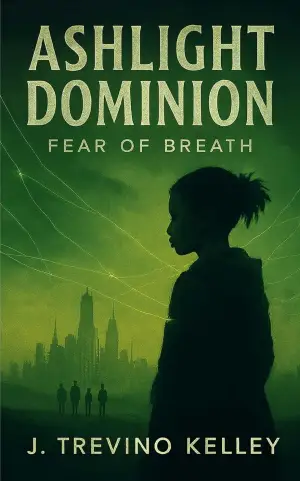As a lifelong fan of Stephen King’s work and a passionate reader of apocalyptic fiction, I was thrilled to dive into “The End of the World As We Know It.” Being an anthology directly related to King’s seminal work “The Stand,” I felt compelled to explore how today’s writers interpret and expand upon his expansive universe. The thought of revisiting the themes of human resilience and the complexities of society in the wake of catastrophe excited me immensely.
The anthology brings together some of the most visionary contemporary writers, with contributions from names like Alma Katsu and Paul Tremblay, making it not just a collection of stories but a tribute to King’s lasting impact on the genre. One of the highlights for me was King’s own introduction, where he reflects on the influence of “The Stand” and its characters. The foreword by Christopher Golden and afterword by Brian Keene further contextualize the stories, offering readers a deeper understanding of what the writers set out to achieve.
What stood out most were the profoundly human tales of survival and loss. Stories like Tananarive Due’s gripping narrative explored how the virus from “The Stand” continues to shape lives, while Poppy Z. Brite’s offering painted an evocative picture of a world trying to rebuild. The emotional depth of these stories resonated deeply with me—a sentiment echoed by fellow readers who appreciated the authentic, poignant human experiences that emerged from the chaos of the apocalypse.
However, not everything was perfect. Some readers pointed out a few stories felt less impactful compared to the others. I encountered this phenomenon firsthand; while most of the tales were engaging, a couple didn’t quite hit the mark for me, feeling somewhat derivative. This inconsistency is something other reviewers have mentioned, and I can see their point. Still, it didn’t overshadow the anthology’s overall strength.
Additionally, there was a mention of pacing issues in some narratives. I found this to be true in a few instances, where the buildup took longer than necessary. Nonetheless, I think the beauty of an anthology lies in its diversity; one story’s slower pace could easily be complemented by the next with its brisk, heart-pounding action, keeping the flow vibrant overall.
Ultimately, “The End of the World As We Know It” met my expectations in terms of capturing the essence of what made “The Stand” an iconic work. The described “brilliant, terrifying, and painfully human tales” were indeed present throughout, crafting an essential companion piece that not only honors King’s legacy but also expands it in fresh directions. The anthology beautifully illustrates how the apocalypse can serve as a backdrop for profound exploration of what it means to be human in the face of despair.
In conclusion, I wholeheartedly recommend “The End of the World As We Know It” to anyone who appreciates both King’s original work and the exploration of apocalyptic narratives through varied voices. While it may not be flawless, the anthology’s highlights far outweigh its shortcomings, landing solidly at a 4.5-star rating from me. It’s a worthwhile addition to any bookshelf, especially for fans eager to dive back into the thought-provoking world of “The Stand.”








